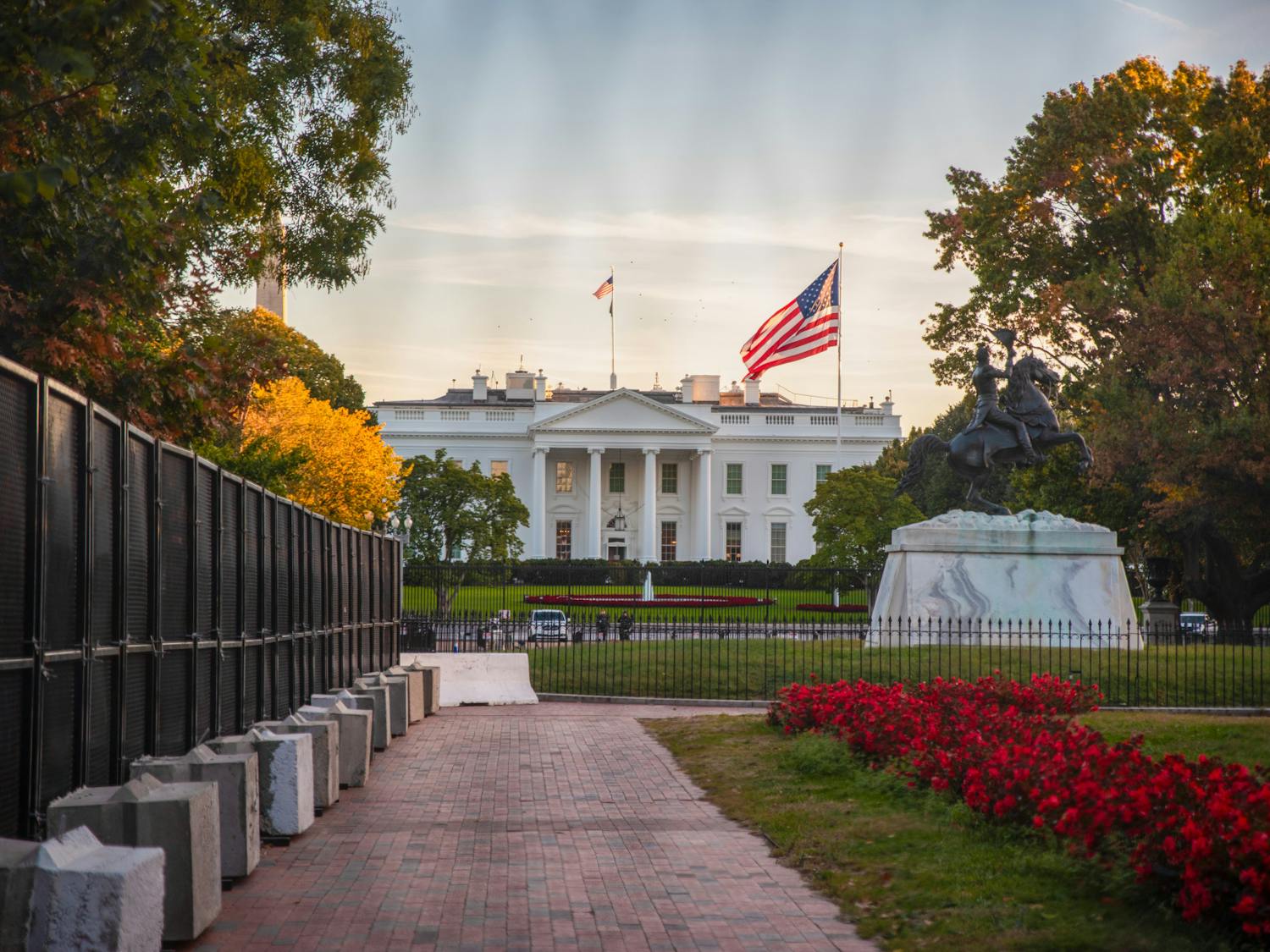CHARLOTTESVILLE, Va. (U-WIRE) -- Next Wednesday, we will awake to newspaper headlines and morning news reports proclaiming the winners of various elections around the country. Voters in the nation are faced with many decisions about which candidates will best represent their interests in Washington and in their state capitals. Hundreds of new Congressional representatives, senators, governors and state and local officials will be ushered into office following the Nov. 3 election. But those victorious politicians will probably have been elected by less than half of eligible voters. Statistics that show decreasing lower turnouts aren't news to most of us. Pundits and critics have been shouting from the rooftops for some years now, lamenting the apparent apathy of America's citizens. Traditionally, non-presidential election years see the worst voter turnout. But this isn't your ordinary midterm election year. The scandal in the White House and the subsequent firestorm that erupted in Congress have polarized Democrats and Republicans. But that polarization doesn't seem to have mobilized the electorate. This has the parties worried. Newspapers have been filled with headlines like "Democrats rally blacks to get competitive edges," and "Candidates scout for votes in Maryland's church pews." Democrats are worried about the effect Clinton's problems will have on this election. They sense disillusionment among voters and Republicans are poised, ready to reap the electoral benefits of the sordid scandal and political dealings. And yet the same polarization that makes headlines and keeps political analysts in business doesn't seem to compel voters to get to the polls. The political system we see on the nightly news doesn't always inspire a lot of faith. But it is because of the faults and failings of our political personalities and process that voting is so important. American politics is inherently flawed, but the inevitable cycle of hope and disappointment we experience with our leaders happens because we allow it to happen. More than our unreasonable expectations of humans who hold office, it is our apathy which creates a political culture that feeds off scandal and doesn't serve our interests. Our lack of faith in our political leaders is only exacerbated by the attitude of a public that would rather sit and watch than get involved. Change can only be affected when we all participate. Thirty-five percent of us can't claim to represent all our concerns. Thirty-five percent of us can't properly shape the direction of our government. Thirty-five percent just isn't going to cut it. Maybe the lesson we all learned in Government 101 would serve us well as we consider whether to vote. Congressional representatives, governors and delegates are our elected representatives. We put them in office and we take them out. It's easy to lecture how each vote really does make a difference and that those who don't vote have little right to complain about the political state of affairs, but that doesn't seem to be effective. What is important to remember, however, is that voting is not merely a right -- it is a responsibility.
The Daily Pennsylvanian is an independent, student-run newspaper. Please consider making a donation to support the coverage that shapes the University. Your generosity ensures a future of strong journalism at Penn.
Donate







